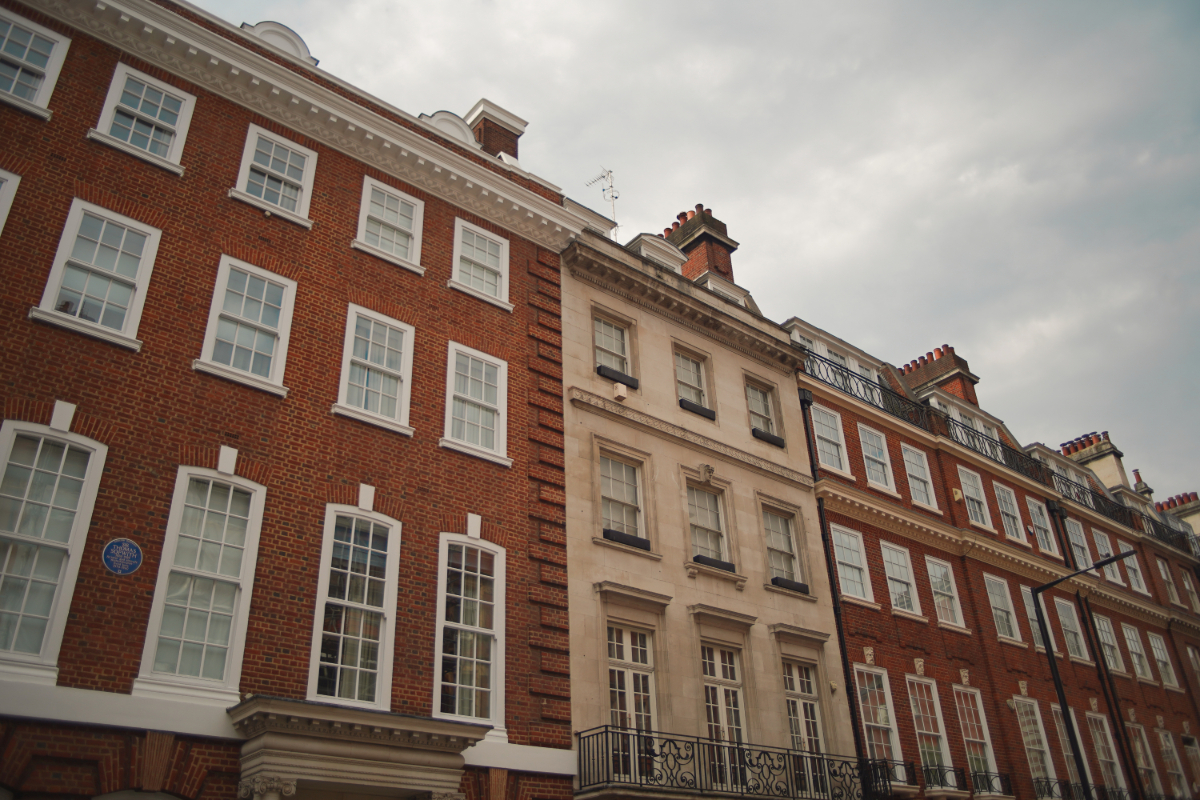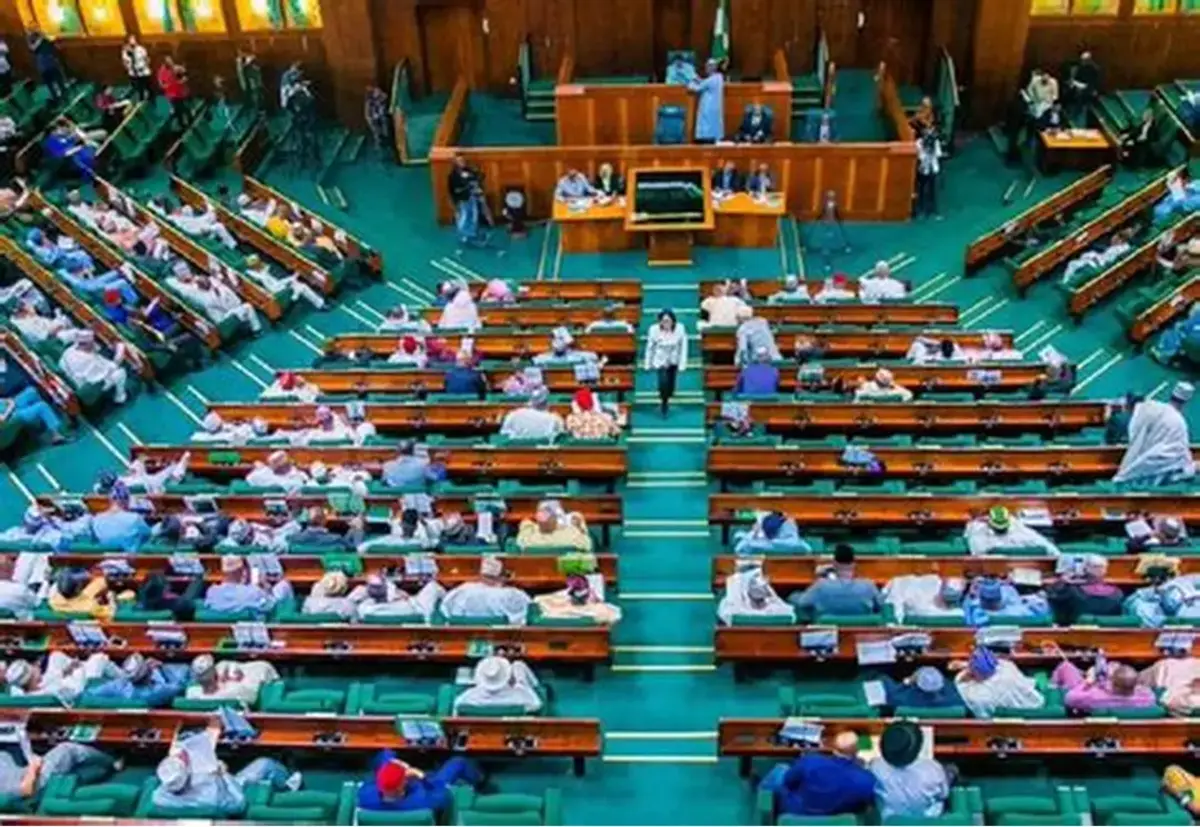Copyright cityam

On Bishops Avenue, it is quiet. On a recent weekend walk down the mile-long parade of luxury mansions, not a single other person could be spotted strolling along the pavement. The property market for Hampstead-based The Bishops Avenue, known locally as Billionaire’s Row, is equally quiet. Aside from one high-end house snapped up by a Nigerian banking exec, next to no homes have changed hands so far this year, in a neighbourhood famed for its celebrity residents, including the likes of singers Justin Bieber and Ariana Grande, Indian industrialist Lakshmi Mittal and the Sultan of Brunei. Amid the tranquillity, though, is the faint sound of building work. At number 54, what was once a huge family home sold for £18m in 2018 is being repurposed into three-dozen high-end apartments, with prices starting at £2.5m. It’s one of a number of similar developments under construction in the neighbourhood. This one is due to open in 2027. What’s behind the trend? Alex Michelin, co-founder of Valouran, the firm behind the plans, is clear: the super-rich are leaving London. But they want to keep a small presence. “Whilst it is well documented that the removal of non-dom tax status has prompted many [high net worth individuals] to leave the UK entirely, across the Valouran portfolio, we have also observed that a lot of non-domiciled buyers are shifting the type properties they purchase, rather than not purchasing at all,” Michelin tells City AM. “While they may no longer move here on a full time basis and base their families here, London’s appeal as a global city remains strong. These buyers continue to visit, conduct business, and socialise in the city, albeit for fewer months now. “Consequently, while demand for larger homes among this cohort has softened, interest in smaller properties…remains robust.” Michelin’s experiences of the super-rich cutting back on buying multi-million pound mansions, appears to bear out a wider trend taking place across the capital. City AM analysed over 1,000 prime property transactions spanning the past decade, across more than 100 of the most sought-after residential streets in London, with an average transaction value of £7.4m. The analysis, which was produced using Land Registry data for the period up to the end of September, suggests the number of prime property transactions in 2025 is set to almost halve compared to 2024, laying bare the scale of the freeze at the top end of the market. Fewer than 40 transactions have been recorded across these hundred or so streets so far this year, compared to over 100 last year. Land Registry data is imperfect, and there is sometimes a lag of several weeks between when a deal is closed and when it is officially recorded. But even factoring in these uncertainties, it seems likely that 2025 will be the worst year in over a decade for luxury property transaction volumes. The analysis also found that the average price houses were selling at fell by more than a fifth, or almost £2m, compared to last year. That is thought to have been a combination of very few transactions of super-prime, eight-figure homes, as well as a handful of multi-million pound properties selling at a discount to their previous purchase price. What’s behind the trend? “The exposure to inheritance tax for long term residents is one that appears to have caused a number of people to change their residency away from the UK, to eliminate their exposure to that,” said Lucian Cook, head of residential research at Savills. “What that has done is suppress demand in the London market, and it’s meant that the market has become reliant on domestic demand.” The slowdown in luxury property transactions is the latest sign of an exodus of high net worth individuals as they baulk at the removal of non-dom tax advantages by Chancellor Rachel Reeves as well as the threat of further tax hikes at next month’s Budget. Non-dom exodus Some estimates have put the number of non-doms that have left the UK so far this year at almost 2,000 – others have disputed those calculations. While it’s difficult to put a precise figure on the number of departures, a growing body of anecdotal evidence is piling up, including luxury carmakers like Ferrari cutting the number of shipments to the UK, and high-profile execs like Revolut co-founder Nik Storonsky swapping London for Dubai as their official residence. To top things off, there’s also speculation that Rachel Reeves is set to introduce a mansion tax, reviving plans that were first mooted by former Labour leader Ed Miliband a decade ago. Under the plans, owners of property worth more than £2m would face an annual surcharge. “I can’t remember a time where I have seen so many kites flown specifically related to high value property so far in advance of a budget,” Cook says. “It feels like what is being discussed much more here is bringing higher value property within the ambit of capital gains tax. “That means there’s going to be caution in the market, because you can’t extract the same value from your property…so it’s definitely not a guaranteed revenue raise.” Changing market dynamics Not everyone is as pessimistic about the state of London’s super-prime property market. Alex Isidro, managing director of Sotheby’s Realty, says there’s still plenty of dealmaking to be done at the top end of the capital’s property market. “I’ve sold over £800m worth of property this year – the average price of what I’ve sold is £6.5mm,” Isidro told City AM. “I’ve done 22 deals with American buyers this year, so as much as other international markets aren’t investing into London like Asia, which seems to be very quiet this year, I’ve had lots of Americans looking at London. “When one international market’s not doing well, the other one picks up.” Isidro did concede, however, that “yes the market is harder” this year, adding that “the upcoming budget means people want to sit on their hands a little bit longer.” What would it take to see a revival in the market? “You would need to see some changes in the tax environment,” Cook says. “There were various rumours that because of the risks the Chancellor was looking at whether or not she softens some of the policies around IHT for non-doms. “I think you probably need to see a bit more vibrancy within the UK economy and the economy of the capital, alongside some changes in tax policy for it to turn around dramatically.” Will we see big improvements to tax policy at next month’s Budget? Few of the super-rich are betting on it.



